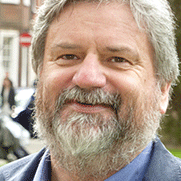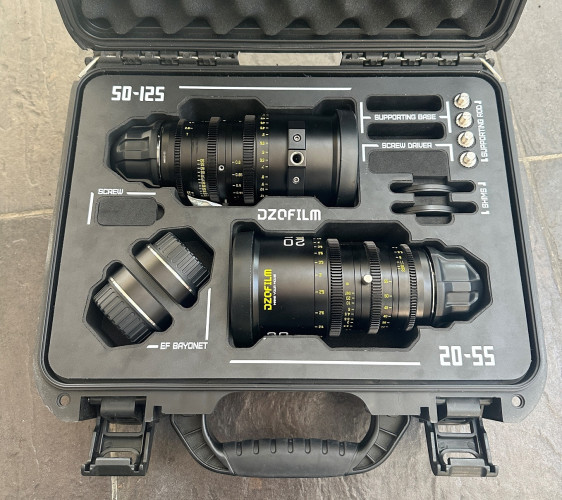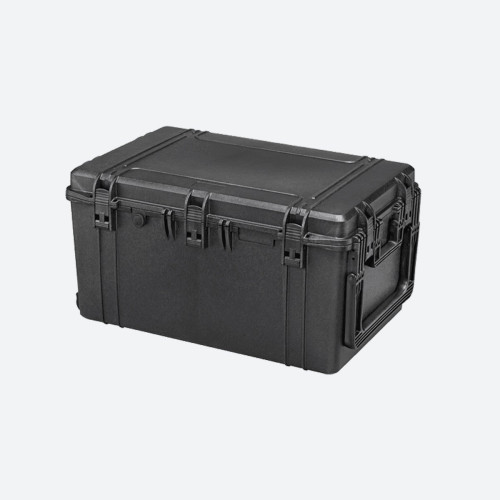by Dick Hobbs Issue 92 - August 2014
Recently BBC4 has been showing the classic 1985 television drama Edge of Darkness. Troy Kennedy Martin masterfully captured the nuclear paranoia of the era, at a time when the Thatcher government was making a virtue out of secrecy.
The idea that global forces were casually trading in weapons-grade material and we would not know a thing about it until the big cloud formed above our heads seemed scarily plausible. When the only thing that stood between us and doom was a policeman played by the sadly late but definitely wonderful Bob Peck was some small crumb of comfort.
As I said, BBC4 has been repeating the drama, on Monday nights. But I have not been watching it. Instead, I am allowing it to accumulate on the good old Sky+ box and, when I have time, I will watch it at a time to suit me. That will probably not be all in one go, but maybe over two or three consecutive evenings. Yes, I acknowledge that will burn Eric Clapton’s guitar riff into my brain forever.
This is not the only show I do this to. I have the whole of the final series of How I Met Your Mother lined up ready to go but I have not yet started. The good news is that this one cannot really be spoiled: it is reasonable to guess that it ends with him meeting their mother.
Does anyone else do this? Stockpile series that you then watch in a burst? What television pundits call binge viewing?
I ask because David Grossman, technology editor of BBC Newsnight, posted an interesting and thought-provoking article online recently. In it, he argues that binge viewing can make television drama better.
He references House of Cards. The original was a four-part adaptation, made in 1990, of the Michael Dobbs novel. Each hour long episode was shown on consecutive Sunday nights.
Remember that 24 years ago VHS recorders were in common use, but the vast majority of people watched programmes as they were broadcast. So an intelligent drama had to attract its audience at the moment the first transmission started and get them involved in the plot.
No amount of enthusiasm from friends and critics could get over this fact. You could be told by all and sundry how wonderful it was, but if you started watching episode two you would have no idea who these people were and what was going on. So you would switch off again, wondering what all the fuss was about. The only thing that drama writers and producers could do would be to make each episode more self-contained. You end up with a series of short stories rather than a single narrative arc. Nothing like as satisfactory. The aim is for the lowest but one common denominator: a show can be a hit if it is marginally less bad than the other offerings in its timeslot.
Or you do as all too many dramas do today: start with what seems like 10 minutes of recap. That is dull and an insult to the intelligence of the attentive viewer. The Tunnel (another series I saved until I could concentrate on it) was particularly awful for recaps, but at least with Sky+ you can spool through at 30 times real speed.
Contrast, though, the 1990 House of Cards with the 2013 American remake. This was not made for a broadcaster, it was made for Netflix. And, crucially, all 13 episodes were released at the same instant. Viewers could, and did, download and watch it in one go, often literally so.
I thought that would not happen, but I am delighted that it did because it is very good news for drama. It means you can use each episode to tell its part of the story. No time wasted on recaps; no diversions into sub-plots just so you have something that can be wrapped up at the end of the hour.
It puts the power back into the hands of the writer. In particular, there is much less need for interference from networks who are more worried about how a show will play in its timeslot, and what happens around junctions and commercial breaks to retain the audience.
Indeed, if we think of drama as an on-demand genre rather than broadcast, we take away the constraints of making each episode an hour long (which might mean 42 or 48 minutes), with tension points around breaks. If you get rid of the hour-long block schedule then, when you need 70 minutes to tell that part of the story, go for it. 24 could actually run for 24 hours.
I still worry about how we will discover new content if we do not have trusted channels to tell us what we might like. But if it means we get more intelligent, rich, engaging drama then I am definitely up for it.
David Grossman started his article “I used to think that TV was in a slow death spiral. Now I think its best days are yet to come.” That would be good.






























